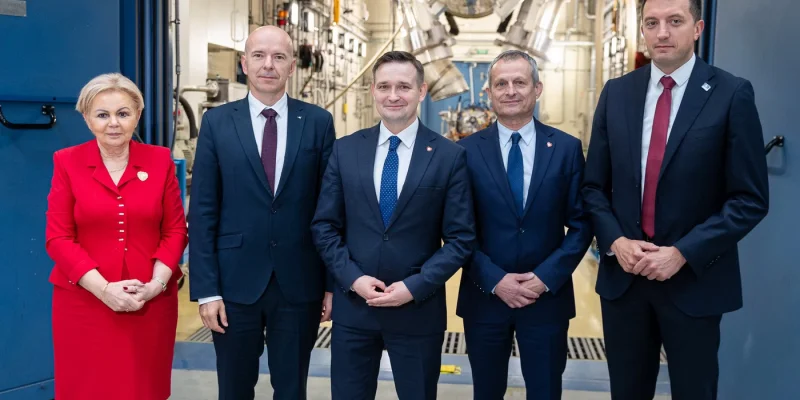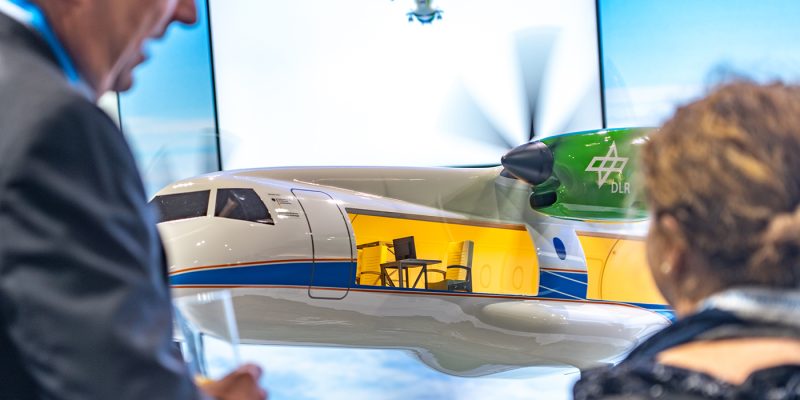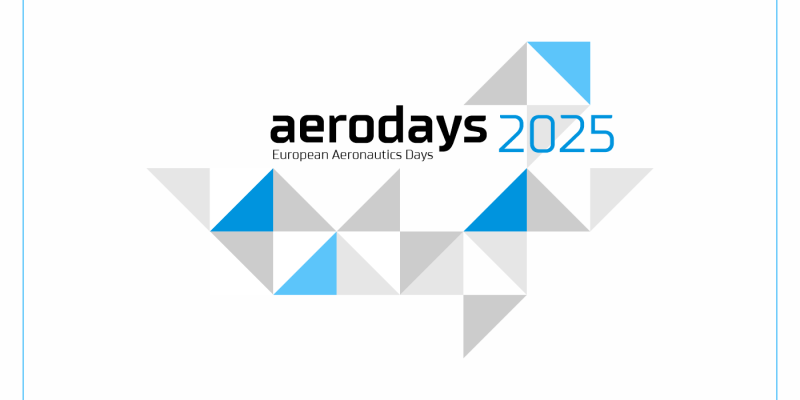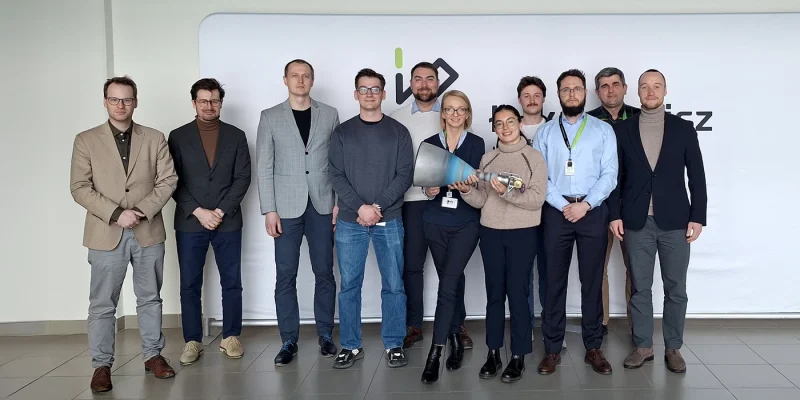European researchers have drawn up a technology roadmap for future cargo aircraft. Tomorrow’s freight planes will have to better meet end-user requirements and environmental needs.
The ‘Air cargo technology road map’ (CargoMap) project, funded by the EU, was focusing on the future role of air freight. It defined a plan to fill related technology, regulatory and operational gaps in order to fulfill the future requirements considering the current capabilities.
Initially, the CargoMap project analysed the current situation with the involvement of all the stakeholders in Europe. It also identified the bottlenecks and challenges in air freight transport that are expected to arise in the future.
Project members have identified many different factors contributing to the growing volumes of air freight in international trade. In addition to the trend towards increasing fuel prices, other influences are making the modernisation of airline fleets a necessity.
CargoMap has also established that a lack of landing slots or night-flight bans at airports, for example, can lead to freight flights being transferred to secondary airports. Current political and policy issues, such as climate change and the threat of international terrorism, can also have an impact on air freight transport.
In the next project period, CargoMap has investigated air cargo operations of the future and the new generation of cargo aircraft that Europe will need to remain competitive as a global air freight operator. Based on business models, the project has also identified, from a technology roadmap, the technologies that will be needed to create a new generation of novel aeroplanes.
Institute of Aviation was a partner of the project.
More information about CargoMap.











